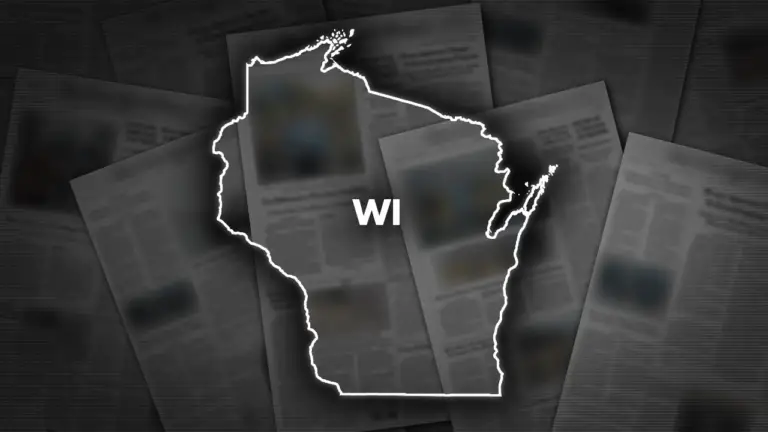Indigenous Tribes Oppose Loan for Gas Plant Near Lake Superior
Indigenous tribes from Michigan, Minnesota, and Wisconsin have raised concerns over plans to construct a natural gas-fired power plant on the shores of Lake Superior, citing climate change concerns. Chippewa tribes across these states have formally requested the U.S. Department of Agriculture to deny a $350 million public loan sought by Dairyland Power Cooperative for the Nemadji Trail Energy Center.
Climate Crisis Concerns
In a letter addressed to federal officials, the tribes expressed their deep reservations: “As our shared climate rapidly continues to destabilize, it is unconscionable that Dairyland Power Cooperative has not canceled its request for a $350 million public loan and permits to build Nemadji Trail Energy Center.” They emphasized that this is not the right time or place for new fossil fuel infrastructure.
Three-Year Battle for Power Plant Approval
Dairyland Power Cooperative, in collaboration with Minnesota Power and Basin Electric Cooperative, has been working towards gaining approval for the $700 million power plant for over three years. The proposed location is near an Enbridge Energy pipeline hub on the banks of the Nemadji River, which eventually flows into Lake Superior, situated in Superior, Wisconsin.
Utility’s Perspective
The utilities argue that natural gas provides a flexible energy source when wind and solar power aren’t readily available, offering an alternative to coal-fired plants. They aim to have the plant operational by 2027.
Respect for the Environment and Heritage
The Chippewa tribes, which include the Little Traverse Bay Bands of Michigan, the Fond du Lac of Minnesota, and the Bad River and Red Cliff of Wisconsin, argue that building the plant contradicts the need to reduce greenhouse gas emissions. They stress that this ecologically sensitive lakeshore is unsuitable for such infrastructure. Additionally, the proposed site is near a cemetery where approximately 180 Fond du Lac tribal members are buried in a mass grave, raising concerns of disrespect for the deceased.
Awaiting Official Response
The U.S. Department of Agriculture officials are yet to provide a response to these concerns. Dairyland Power Cooperative, on the other hand, maintains that the power plant is a crucial step in transitioning to cleaner energy sources and has actively sought input from tribes and other stakeholders during the permitting process.

